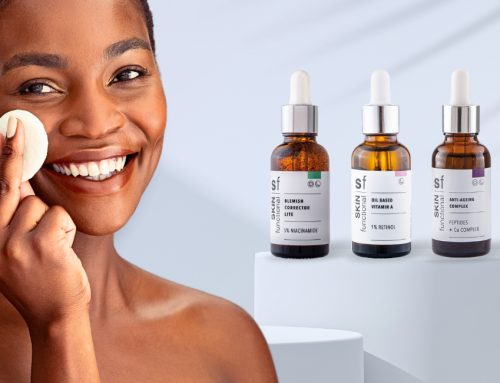Oxygen, a highly reactive (unstable) molecule is critical for the survival of living organisms. Oxygen is used to create energy. When oxygen becomes unstable, it becomes a very harmful molecule and can in some instances threaten the survival of living organisms.
During the process of using oxygen to create energy, otherwise known as the process of metabolism, there are some oxygen molecules that become unstable. The majority of Reactive Oxygen Species (ROS) also known as free radicals, comes from sunlight, which destabilises the oxygen in skin. When the sun’s rays penetrate into your skin, some of the oxygen in every living cell in the skin is converted to an unstable molecule.
Reactive Oxygen Species (ROS) in your skin causes cell mutation, cell death and cell injury. All three of these increase the speed at which skin ages. Cell mutations if uncorrected can potentially lead to cancer.
It is essential to have protective mechanisms against the harmful effects of Reactive Oxygen Species (ROS). Very simply put the stable oxygen molecule needs to be converted back to a stable oxygen molecule. One of the most effective protective mechanisms are anti-oxidants. Anti-oxidants have the ability to stabilise oxygen, preventing them from becoming harmful. They also have the ability to restore radicals that have already been formed, converting them back to stable state.




